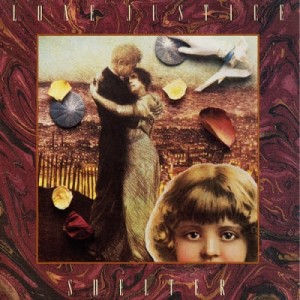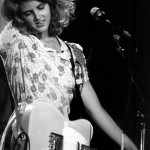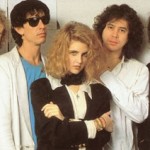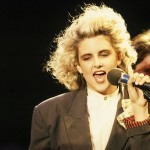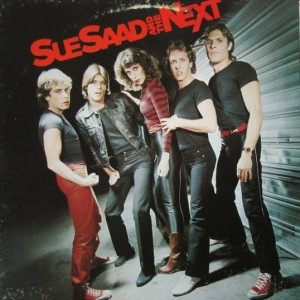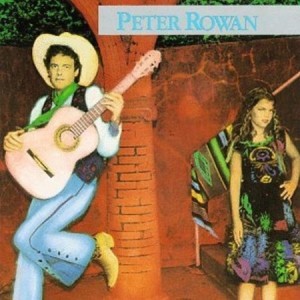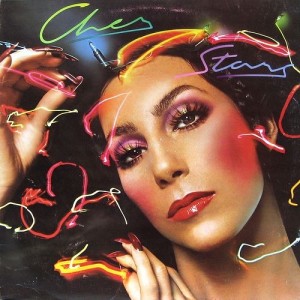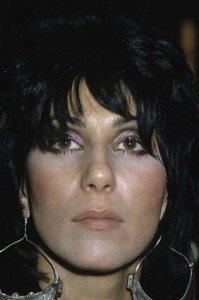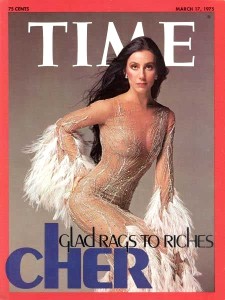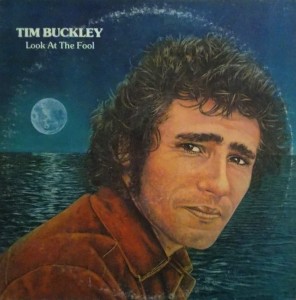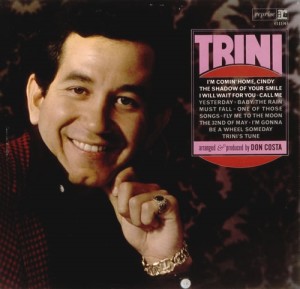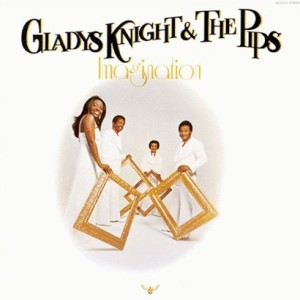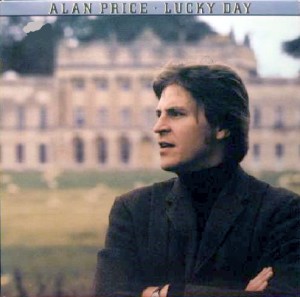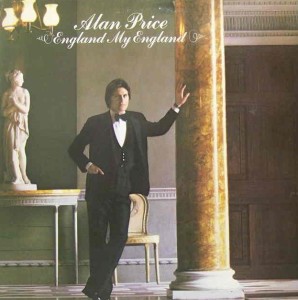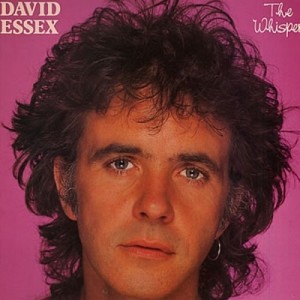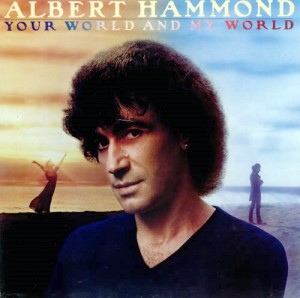It's taken me some time to get to this second and final album from California cowpunkers Lone Justice.
Or, rather, it's taken me some time to revisit this album.
In 1985 I reviewed their first album" Lone Justice" for the University of Queensland student newspaper, Semper. I loved the album.
At that age I was actively listening to anything from California and Cowpunk with it's rough punky edges (well it sounded rough in the overproduced 80s), it's retro classicism and it's non mainstream pedigree appealed to me.
Search this blog for other references to cowpunk (specifically the Rave-Ups comment) but it is fair to say that Cowpunk was a form of music that was punk crossed with country, roots rock with an edge, paisley underground gone rural. It seems to incorporate all the elements of the California underground / independent rock scene whilst becoming a distinct genre in itself. It was the precursor to Alt Country, and don't let anyone tell you otherwise.
Background, wikipedia: The roots rock band Lone Justice was formed in Los Angeles by guitarist Ryan Hedgecock and singer Maria McKee. The half-sister of Bryan MacLean, a member of the seminal psychedelic outfit Love, McKee's involvement in the L.A. club scene dated back to her infancy; at the age of three, she joined MacLean at a performance at the famed Whisky-a-Go-Go and was befriended by Frank Zappa and members of the Doors. As a teen, she studied musical theater, and briefly performed in duos with MacLean and local blues singer Top Jimmy. McKee and Hedgecock first met while dabbling in the L.A. rockabilly scene, and their mutual affection for country music inspired them to found Lone Justice in 1982. Initially, the group was strictly a cover band, but the additions of veteran bassist Marvin Etzioni and Don Heffington, a former drummer in Emmylou Harris' Hot Band, prompted McKee to begin composing original material inspired by Dust Bowl-era balladry … Gradually, elements of rock began creeping into the Lone Justice sound as well, and soon the band became a local favorite. At the urging of Linda Ronstadt, they were awarded a contract with Geffen Records; their self-titled debut appeared in 1985, followed by a tour in support of U2.
Lone Justice' first album sat firmly in that Cowpunk genre and it was a treat. It was a little slicker than it's contemporary genre mates (it was produced by jimmy Iovine)) and aimed at the mainstream though it, ultimately, sat outside Top 40 mainstream.
This second album came out and Lone Justice had done what many bands had done before them and since … they softened their sound to make it more marketable and appealing to the mainstream.
This isn't horrendous. It may not be suiciding-ly noble but it may be pragmatic.
At the time when I listened to this (and I was more rigid than I am now) I was a little disappointed so this eventually ended up into a "maybe I'll get rid of it" pile..
It has sat there till now.
I have even got a couple of Maria McKee solo albums so the only excuse for not revisiting this earlier is laziness (and the fact that I have too much to get through).
My disappointment back in 1987 might have been reasonable but if the music is good, well, then they were right to do so.
Luckily I think, despite some of the unfortunate 80s emphasis on production they got Little Steven in from Bruce Springsteen's band in (to produce along with Jimmy Iovine and the band themselves). Springsteen was still riding on the wave of "Born in the USA" and it was assumed, given that Maria McKee already leant the way of Springsteen in temperament and themes, that this was the way Lone Justice should go. Little Steven was either told to or naturally guided Lone Justice towards that sort of rock n roll, with country, bar and old time rock n roll shadings.
The other producer (apart from the band) was Jimmy Iovine (he also managed the band) who was sort of non-mainstream mainstream producer. As a recording engineer he worked on Springsteen's Born to Run and Meat Loaf's Bat Out of Hell albums. He went on to produce (or co-produce) Patti Smith, Tom Petty and U2.
This was big money – well the band were signed to Geffen records …and they were pushed, promoted and groomed and assumed to be the "next big thing".
And that is the problem … there are too many radio friendly 80s sounds on here.
The band has been subdued (the band is largely made up of good session musicians … only Ryan Hedgecock on second guitar remain from the original line-up) but McKee's voice keeps the material afloat. Maria McKee (who I had a crush on – indie chicks of the time always floated my boat) had a ballsy big voice (lie a country-ish Patti Smith) which was expressive and sensual.
She could write also (an interestingly her half brother was Bryan MacLean of 60s rockers "Love") and Ii see this album as a stepping stone (as did the record label no doubt) to a solo career which subsequently happened. McKee actually went onto some success in the solo field. Not quite superstar but reasonably successful (google her).
I should say McKee was born in 1964 so had some good talents at a young age.
Shelter is probably mislabelled by calling it a Lone Justice album. This really should've been released as McKee's debut solo effort .. and it is one where the record label is directing traffic.
As I listen to this now I realise that it does transport be to a time in my youth the only difference being is that it sounds a lot better now than it did then …not great, but better.
Tracks (best in italics)
- I Found Love – (Maria McKee, Steven Van Zandt) – A good country rock with gospel like backing ….
- Shelter – (McKee, Van Zandt) – a nice, sing a long mid tempo ballad. The 80s production let it down though it is catchy.
- Reflected (On My Side) – (Shane Fontayne, McKee) – patchy – filler.
- Beacon – (Fontayne, McKee) – again, filler.
- Wheels – (McKee) – a big ballad and well sung.
- Belfry – (Fontayne, McKee, Van Zandt) – big 80s sound with a Springsteen guitar line
- Dreams Come True (Stand Up and Take It) – (McKee, Gregg Sutton) – A grittier and more sensual vocal.
- The Gift – (McKee) – another big ballad … a good one.
- Inspiration – (McKee, Sutton) – a great, mid-tempo pop song that is big. This sounds like some of Lisa Marie Presley's recent work.
- Dixie Storms – (McKee) – an acoustic (mainly) ballad …and a treat…. possibly the best track on the album.
And …
Quite good, though not as good as their first album …. I'm keeping it.
Chart Action
US
Singles
1986 Shelter – Mainstream Rock Tracks #26
1987 Shelter – The Billboard Hot 100 #47
Album
1987 #65
England
Singles
1987 I Found Love #45
Album
1986 #84
Sounds
http://recordlective.com/Lone_Justice/Shelter/a3dd54f5-4424-3e8d-a55b-4da1465025e7/
I Found Love
Clip
https://www.youtube.com/watch?v=rcl8xx5tPbc
Shelter
Clip
https://www.youtube.com/watch?v=jvo9MbTkUbE
Inspiration
Mp3 attached
Dixie Storms
Mp3 attached
Others
https://www.youtube.com/watch?v=tWdwe9LFPtY
https://www.youtube.com/watch?v=nNf-1DJCrPc
https://www.youtube.com/watch?v=ystALTFm1t8
doing Creedence Clearwater
https://www.youtube.com/watch?v=zyAATgzDg8c
with John Cougar
https://www.youtube.com/watch?v=yy2vgftMKNY
Review
http://www.allmusic.com/album/shelter-mw0000190713
http://en.wikipedia.org/wiki/Shelter_(Lone_Justice_album)
http://articles.chicagotribune.com/1986-12-02/features/8603310089_1_maria-mckee-lone-justice-shelter
http://terliz.blogspot.com.au/2007/12/lone-justice-shelter.html
for archivists you can find that that Lone Justice review from 1985 here:
https://espace.library.uq.edu.au/view/UQ:243883/SF_1985_September_10th_EditionEight.pdf
Bio
http://en.wikipedia.org/wiki/Lone_Justice
http://en.wikipedia.org/wiki/Maria_McKee
http://www.clevescene.com/cleveland/justice-served/Content?oid=1471878
a visual bio
https://www.youtube.com/watch?v=pwSGS9xxaI0
https://www.youtube.com/watch?v=Wb01KRDJsQ8
Website
http://mariamckee.org/default.htm
Trivia
- Keyboardist Bruce Brody was in the Patti Smith group and played the piano on the Springsteen penned "Because the Night". He also co-produced the Maria McKee hit "Show Me Heaven" from the "Days of Thunder" soundtrack and film (1990).
- Guitarist Shane Fontayne went on to become the guitarist for Bruce Springsteen during the 1992-1993 "Other Band" Tour

